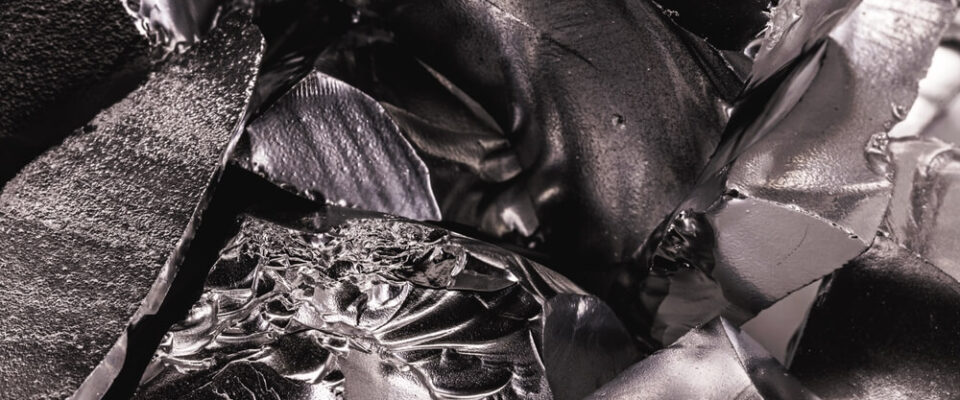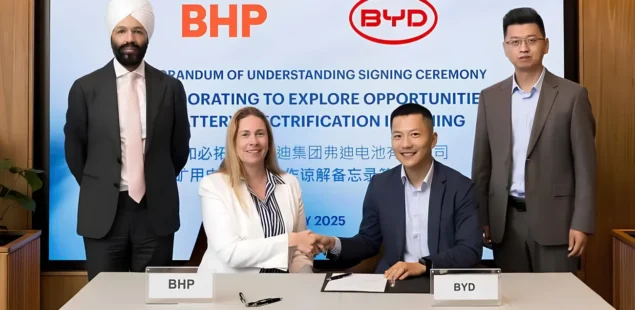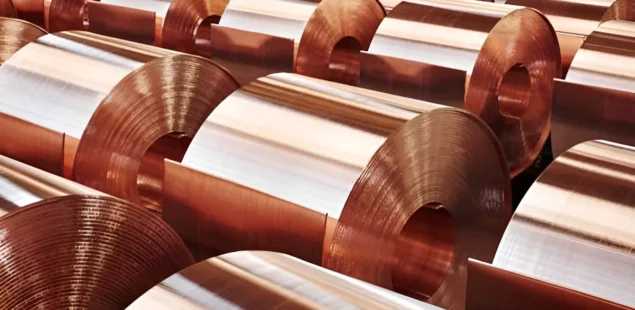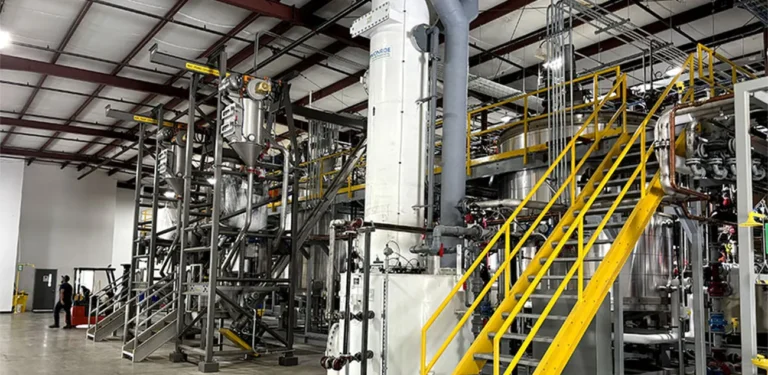
China Increases Pressure on US Industry with Export Bans
The Chinese government's recent ban on exports of germanium and gallium to the US has escalated tensions between the two countries. This embargo could significantly impact US industries reliant on these metals, with anticipated price increases for a wide range of electronic and optical equipment, including night vision devices, smartphones, and aircraft navigation systems. Major corporations like Apple, Lockheed Martin, and Honeywell International are expected to be among the hardest hit.
The US Geological Survey estimates that this supply disruption could result in an annual loss of at least $3.4 billion to the US GDP.
There are four potential strategies to mitigate this impact:
- Domestic Production Expansion: Reviving domestic mining and processing operations, such as the Apex mine in Utah.
- Allied Investments: Investing in mining projects in allied countries, such as Teck Resources' germanium production at its Trail plant in Canada.
- Recycling Initiatives: Increasing the recycling of end-of-life electrical equipment, though current recovery rates are low (10% for gallium and 30% for germanium).
- Indirect Purchases: Acquiring these metals through intermediaries in China, though this approach would involve higher costs.
Given that China dominates the global production of these materials, accounting for nearly all of the world's gallium and a significant share of germanium, the US will likely remain reliant on imports until at least 2030.
Stabilization in Global Lithium Prices
After peaking at $85,000 per tonne in December 2022, lithium hydroxide prices have plummeted nearly 90% over two years. However, the rate of price decline has slowed, indicating stabilization in the lithium market. Discounts in lithium purchase contracts have also decreased, from 5-10% in 2024 contracts to 0-2% for 2025.
UBS reports that global lithium sales grew by 25% in 2024 and could expand by 15% in 2025. Despite some mines reducing output or delaying expansion due to low prices, major investments in lithium projects continue. General Motors pledged $625 million to the Thacker Pass project, and Rio Tinto committed up to $2.5 billion to Argentina's Rincon project, with plans to produce 60,000 tonnes of battery-grade lithium carbonate annually. The International Energy Agency predicts a lithium deficit exceeding 150,000 tonnes by 2030, though market oversupply is expected to persist until 2027.
First US Alumina Refinery in Decades
Brimstone, a US-based company focused on cement technology, plans to construct a new alumina refinery—the first in the US in decades. The company has secured $189 million in grant funding from the US Department of Energy for the $378 million project, with $8.7 million already disbursed.
The refinery will produce alumina alongside low-carbon cement, using carbon-free calcium-silicate rocks sourced domestically. This project aims to reduce US dependence on imported alumina, with Atlantic Alumina currently operating the only US plant (1.2 million tonnes annual capacity). Historically, the US had six alumina plants producing over 6 million tonnes annually, but five closed between 2000 and 2020 due to rising energy costs.
Brimstone has also raised $40 million from private investors and plans to launch the experimental facility next year, potentially leading to full-scale production in the future.
Poland Supports SK Nexilis Copper Foil Plant
The Polish government has granted a $133 million subsidy to SK Nexilis, a South Korean company, under the EU’s Temporary Crisis and Transition Framework. This program promotes energy independence and emissions reductions by supporting investments in battery and solar component production.
Copper foil is a critical material for lithium-ion battery anodes, with each electric vehicle requiring 0.35-0.4 tonnes. SK Nexilis began constructing a 50,000-tonne-per-year copper foil plant in Poland in July 2022, with total investments potentially exceeding $690 million. The facility is expected to be operational, although no official opening has been announced.
SK Nexilis aims to become a leading global producer, expanding its capacity to 250,000 tonnes annually by year-end. Major clients include LG Energy Solution, Samsung SDI, SK On, Panasonic, and CATL. The company is also building plants in Malaysia and exploring expansion in North America.
Mexico's Lithium Industry Faces Legal and Operational Challenges
Mexico's Supreme Court has upheld mining reforms that nationalized lithium deposits, blocking private extraction and granting exclusive rights to state-owned entities. This decision has disrupted major lithium projects, including Rockland Resources' Elektra project and Ganfeng Lithium's Sonora project.
Grupo Bararal, holding a concession for the San Pedro project until 2068, challenged the reforms, but the court rejected its claims. Canadian firm Silver Valley Metals, owner of the Mexi-Can project, is considering international arbitration, although success is uncertain.
Mexico’s lithium reserves are estimated at 1.7 million tonnes, primarily in clay deposits. However, state-owned LitioMx lacks the funding and technology to develop these resources, limiting near-term production growth.
US Moves to Reduce Dependence on Chinese Cobalt
EVelution Energy has secured interest from the Export-Import Bank of the United States for a $200 million loan to build a cobalt plant in Arizona. The facility will produce up to 7,000 tonnes of cobalt annually by 2027, powered by solar energy, and create over 3,000 jobs. EVelution has also partnered with Glencore for cobalt supply and price hedging.
In 2023, the US mined only 500 tonnes of cobalt and produced 2,100 tonnes of secondary metal, while importing 9,600 tonnes. Most global cobalt processing occurs in China, using raw materials from the Democratic Republic of Congo. EVelution’s plant will help meet 40% of domestic demand.
NATO Highlights Critical Metals for Defense
NATO has identified 12 critical materials vital to member defense industries: aluminium, beryllium, cobalt, gallium, germanium, graphite, lithium, manganese, platinum, rare earth elements, titanium, and tungsten. These materials are essential for advanced military technologies, and supply disruptions could hinder defense production.
China dominates global production of many of these materials. For example, it produced 240,000 tonnes of rare earth metals and 63,000 tonnes of tungsten in 2023. Europe, by contrast, produced minimal amounts. NATO is likely to implement measures to support domestic production, but significant changes in supply chains are unlikely within the next five years.



